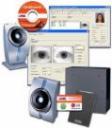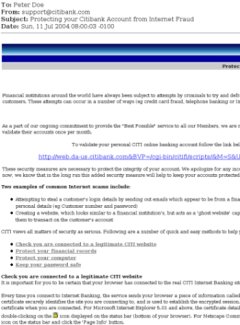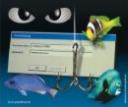
Biometrics is seen as the next step in computer systems security and access control due to the failure of more primitive and fundamental security systems. Fingerprint scanners, passwords, security keys and even smartcards have failed miserably in providing the ultimate and most secure intrusion prevention method for just about anything. From your home, car, computer terminal at work to just about anything else that needs security, it has be come more and more of a must due to the increasing threat of identity theft and other computer related crimes in and out of the workplace.
Biometrics are security systems that are based on the differences the human body manifests in terms of eye structure, facial features and now vein geometry. We’ve all heard of DNA or the so-called blueprint for life and the way it makes each and every human different from everyone else on this earth (well, except for some genetic disorders and diseases that changes the DNA makeup). That is what biometrics takes advantage of as a source of a very unique key or method of identifying one from another person.
Your fingerprint is mapped when it is initially scanned into a computer system which convert’s your analog (actual) print into a digital map that is as unique as you are an individual. Iris scanners take into account the differences the iris has from each and every individual (through the use of a low powered light and scanner to obtain a picture of the eye’s iris which is also unique). Voice recognition takes into account, the differences our voices have from everybody else also converting it into a digital map or password of sorts. Vein geometry, uses a thermal imaging camera to take a picture of your hand or whole body which is sensitive to heat showing all the blood vessels which show as hotspots thus giving you a unique id of sorts as that is also mapped and converted into digital form. All of the above biometrics systems rely on our individual differences which are quite unique to us and add onto it, other more basic security measures such as a physical key (password, key or other devices) to give the ultimate security system preventing intrusion.
 Chances are that when you open your inbox today you’ll find an e-mail claiming to be from your bank, an e-commerce site, or another
Chances are that when you open your inbox today you’ll find an e-mail claiming to be from your bank, an e-commerce site, or another 


